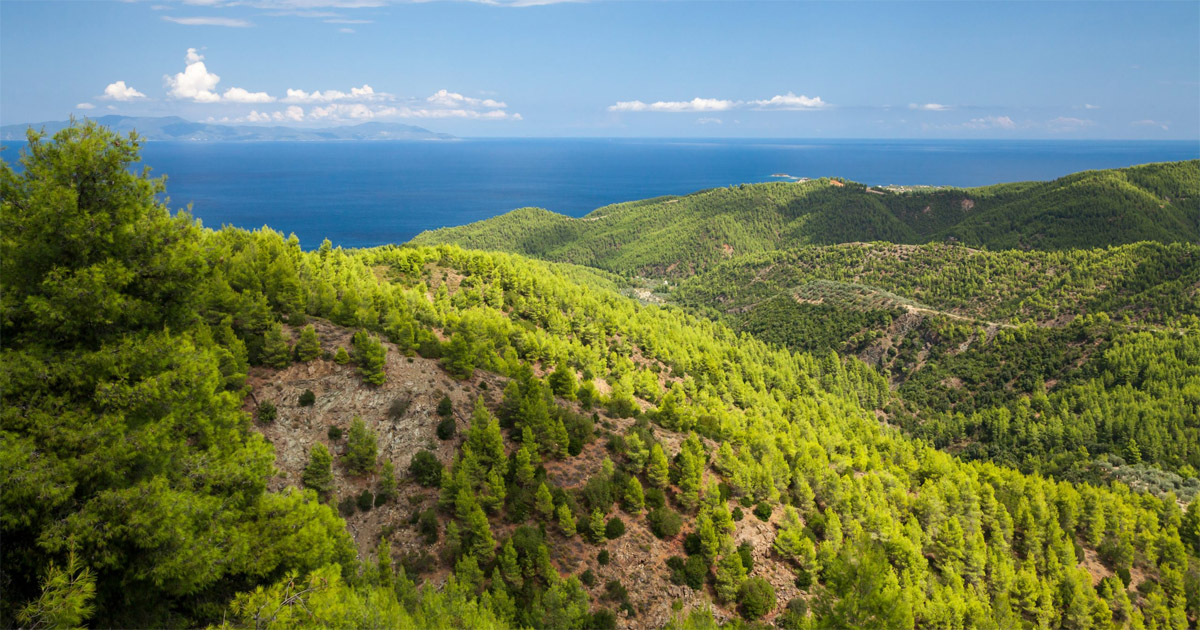The present study was carried out in four of the seven oil palm production basins generated during the Fonader-sponsored smallholder development scheme in the late Seventies and Eighties. The four basins include: Eseka, Dibombari, Muyuka, and Lobe. The objective of our study was to understand why oil palm smallholders prefer to mill their fresh fruit bunches (FFB) despite the low extraction rates of the artisanal mills and the remarkable presence of industrial mills where they could sell bunches. Our study included the submission of 200 semi-structured questionnaires to different categories of palm oil processors from 131 artisanal mills. Categories included both millers (mill owners and mill managers) and users (smallholders and intermediaries). Our results showed that the processing of FFB in artisanal mills was able to generate a better income to all categories of processors especially during the low production season. Smallholders in Dibombari and Muyuka were found to get the highest additional profit reaching 65.2 and 74%, respectively at low season, when compared to income generated by the selling of FFB at 48,000 FCFA and 50,000 FCFA /ton to Socapalm and CDC mills, respectively. The artisanal milling activity also provided temporary employment opportunities to young men, with an impact on juvenile delinquency and rural exodus. The present study also revealed that the cost of FFB processing the extraction rates of the mills and the demand for red palm oil were amongst the factors which greatly affected the decision making of oil palm processors.
Download:
DOI:
https://doi.org/10.5897/AJAR2013.7533
Puntuación Altmetric:
Dimensiones Recuento de citas:

Año de publicación
2014
Autores
Nkongho, R.N.; Nchanji, Y.K.; Tataw, O.; Levang, P.
Idioma
English
Palabras clave
milling industry, migration, decision making, income, milling, oil palms, palm oils, plant oils, questionnaires, rural areas, surveys
Geográfico
Cameroon


















